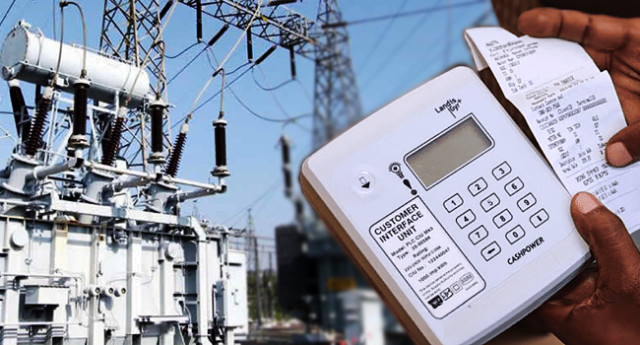The electricity tariff subsidy from the Federal Government has increased significantly from N610 billion in 2023 to N1.94 trillion in 2024, reflecting a 219.67% rise in annual funding for subsidies, even following the Band A tariff increase in April 2024.
Analysts and the Nigerian Electricity Regulatory Commission (NERC) noted that this surge in subsidy costs occurred after President Bola Tinubu floated the naira in June 2024 and eliminated fuel subsidies, which contributed to rising inflation rates.
NERC reported that the government faced a total electricity tariff subsidy of N1.94 trillion in 2024, compensating for the gap between cost-reflective tariffs and the actual tariffs set for customers.
The government reportedly disbursed only N371.34 million out of the total N1.94 trillion subsidy commitment for 2024, amounting to just 0.019% of the total obligation.
The NERC's findings indicated that the government's subsidy commitments are primarily due to its policy to maintain customer tariffs frozen at December 2022 levels despite the increase in cost-reflective tariffs from escalating macroeconomic factors, particularly foreign exchange volatility.
The subsidy grew to N633.30 billion in the first quarter of 2024, representing a 303% increase over the average quarterly subsidy of N157.15 billion in 2023 and a staggering 1,699% from the 2022 average of N35.21 billion.
When tariffs for Band A customers were reviewed—accounting for 40% of total energy consumption—there was a 39.99% reduction in the subsidy requirement between the first and second quarters, decreasing quarterly subsidy obligations to N380.06 billion in Q2.
Yet, the Federal Government's mandate to maintain customer rates at July levels for the remainder of the year resulted in renewed hikes in subsidy obligations, with a N84.06 billion increase recorded in the third quarter, summing to N464.12 billion for Q3. By Q4, subsidies reached N471.69 billion, showing an additional increase of N91.63 billion.
Although officially allowed tariffs were frozen, cost-reflective ones continued to rise due to ongoing macroeconomic conditions. Subsidies applied only to the electricity generation costs that distribution companies owed to the Nigerian Bulk Electricity Trading Plc under a new remittance framework established from January 2024.
This change aimed to prevent subsidy debts from affecting the balance sheets of distribution companies and to facilitate their access to crucial infrastructure financing.
If cost-reflective tariffs exceed allowed tariffs for distribution companies, the government covers the difference in what is termed tariff shortfall funding.
The report reveals that despite freezing tariffs, rising cost-reflective tariffs due to increasing foreign exchange rates pushed the government’s subsidy to N633.30 billion in Q1 of 2024, reflecting drastic increases compared to previous yearly averages.
For 2024, the total subsidy obligation reached N1.94 trillion, with various distribution companies incurring significant subsidies.
The Yola DisCo reported the highest cost-reflective tariff because of high operational expenditures and security issues but received nearly double the average subsidy per unit sold compared to other distribution companies.
The overall national average cost-reflective tariff was N175.31 per kilowatt-hour while the average allowed tariff was N100.27, leading to a subsidy gap of N75.04 per kilowatt-hour.
Despite this, the government has struggled to fulfill its subsidy responsibilities and could only pay a minuscule fraction of its obligation. Experts argue that the persistent inability to meet these obligations suggests ongoing issues for the power sector.
Bode Fadipe, an industry expert, cited the naira's depreciation against the dollar as a primary factor for increased subsidy obligations in 2024, emphasizing that essential power sector materials are imported and thus priced in dollars.
He warned that without a resolution, the sector could remain in a state of turmoil for decades, and complete subsidy removal could lead to even higher electricity theft.
Dangote Group's president, Alhaji Aliko Dangote, urged local investors to focus on the energy sector, advocating for a substantial increase in Nigeria’s electricity generation capacity. He highlighted that there is great potential for growth in the industry if the private sector commits to investing domestically instead of abroad.




















